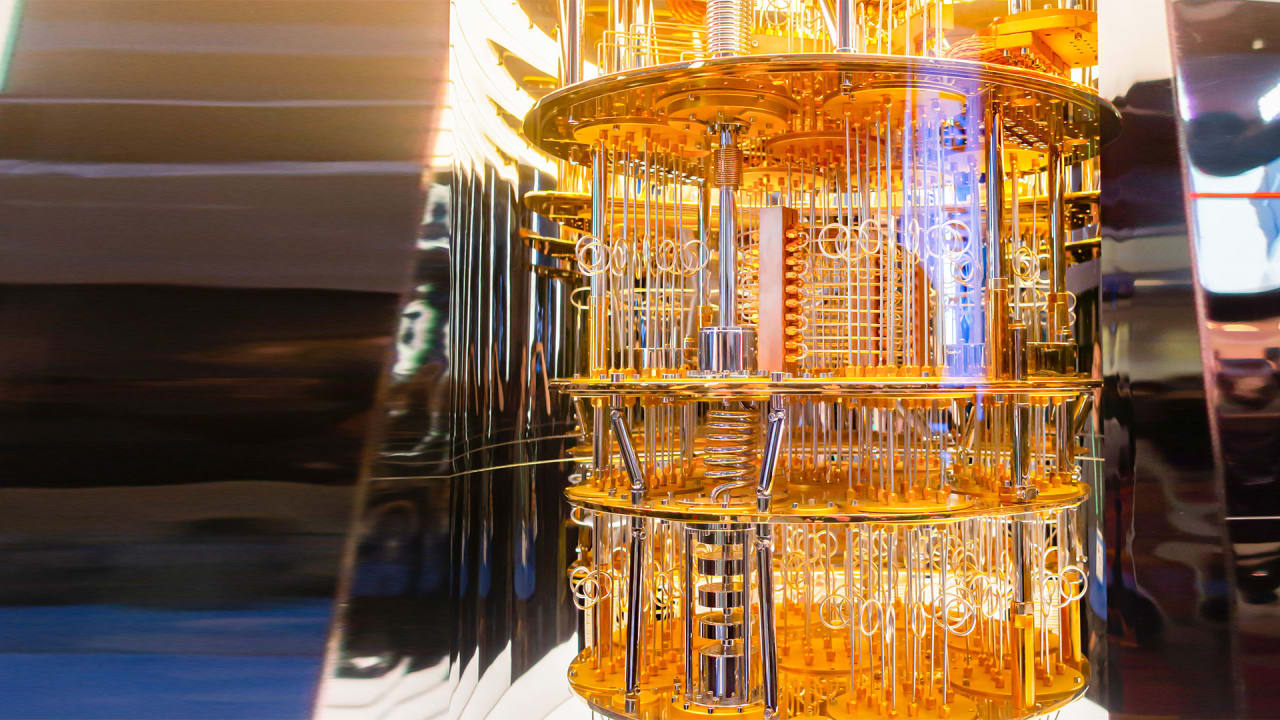How N Space Tech is quietly powering India’s space ambitions
Founded in 2020, Hyderabad-based N Space Tech is an aerospace and defence startup that specialises in satellite technology, RF systems, and defence applications.


Divya Kothamasu’s journey into satellite communications began not with a business plan, but with a question that surfaced during her childhood while watching ISRO rocket launches on TV—How do invisible radio waves carry data across the vacuum of space?
This spark led Divya to pursue her engineering in Electronics and Communications, a master’s in Communication and Radar Systems, and a PhD in Satellite Communications from KL University. This eventually led to the creation of N Space Tech, a Hyderabad-based startup she co-founded with her husband Raghuram Kothamasu in 2020.
The company specialises in radio frequency (RF) subsystems, antennas, radar systems, and small satellites (CubeSats) that enable secure, seamless communication between space assets and Earth.
What started as a two-member initiative has now grown into a 40-member team working on projects with ISRO, DRDO, BDL, BEL, NARL, and CDAC.
From academic curiosity to system engineering
While Raghuram brings operational and financial expertise to the table—after having managed a family-run jewellery business for years, it complemented Divya’s deep technical focus with grounded execution.
The startup began operations in Tenali, Andhra Pradesh in 2022, but soon shifted to Jubilee Hills in Hyderabad, to be closer to the defence and aerospace ecosystem.
“It was hard to find RF engineers in the early days. But the right people made all the difference,” Divya explains.
Initially focused on component-level work—RF amplifiers, phased array antennas, up/down converters—the startup is now transitioning to end-to-end systems. It is building a full-stack CubeSat platform integrating solar panels, power electronics, and communication modules.
The N Space radar division is also working on a complete radar system expected to be deployed within the next 10 months.
One of the biggest bottlenecks has been third-party dependency for electromagnetic compatibility (EMC) and thermal testing. To overcome this, N Space Tech is investing Rs 16 crore ($2 million) to build a dedicated test facility near Hyderabad. “Having in-house validation will drastically shorten product cycles,” Divya notes.
Demonstrating real-world reliability
N Space Tech’s SwetchaSat-V0, launched aboard ISRO’s PSLV-C60/POEM-4 in December 2024, demonstrated its UHF communication module in orbit. The data packets from the satellite were successfully received by ISTRAC Bengaluru, confirming system reliability under real space conditions.
“Satellites and rockets may get the headlines, but none of it works if the communication link fails,” Raghuram says.
“SwetchaSAT, an ultra-high-frequency communication technology demonstrated by N Space Tech on the POEM-4 platform of PSLV C60, paves the way for faster and more reliable communication for many satellite applications,” says Sudheer Kumar N, former director, ISRO.
The end-to-end communication architecture, built entirely in-house, allows optimised transmission and data handling—crucial for secure and timely delivery of mission data.
Expanding frequencies
While the UHF (Ultra High Frequency) system validated the core platform, the startup is now building Ku-band systems, which use higher microwave frequencies to send more data faster. This upgrade will help in more areas like science, business, and defence.
Additionally, it is advancing R&D into electronically scanned arrays, programmable RF modules, and reconfigurable radar architectures for missile tracking, air defence, and strategic surveillance—technologies that could redefine India’s indigenous defence capabilities. Several of these systems are already in use by the Indian Army and Air Force.
N Space is also increasing in-house manufacturing to reduce reliance on external vendors, ensure better quality control, and improve turnaround time for sensitive projects.
“While many space startups chase attention, we maintained a clear-eyed, mission-first focus. This isn’t a sprint. We’re here to deliver systems that work and earn trust—one mission at a time,” Divya notes.
Beyond satellite deployments, N Space has completed four high-altitude balloon (HAB) missions and is working with private players like Skyroot Aerospace and Vikram Space for upcoming LEO satellite launches. It is also building technologies aimed at improving accessibility for educational institutions and R&D labs, offering scalable platforms for experimentation and training.
Business and the road ahead
India is emerging as a hub for spacetech innovation, with homegrown startups like Dhruva Space, Bellatrix Aerospace, Astrome Technologies, Pixxel, and several others across various verticals.
According to Custom Market Insights, India's Aerospace and Defence Market was valued at $27.1 billion in 2024 and is expected to reach $54.4 billion by 2033, at a CAGR of 6.99% during the forecast period 2024 – 2033.
However, what sets N Space Tech apart in this growing ecosystem is its deep specialisation in radio frequency (RF) communication systems, antennas, radars, and CubeSats.
“Our strength lies in building RF systems from the ground up—design, development, and deployment—all in-house. This end-to-end approach ensures seamless integration and optimisation of communication workflows. More importantly, our focus on indigenous development offers a layer of security and customisation that’s critical for India’s strategic requirements,” explains Divya.
Despite operating in a sector known for capital intensity, N Space Tech has remained bootstrapped, with Rs 8 crore ($1 million) pooled in from their families. “We’ve debated external funding, but wanted to first streamline our processes and prove our delivery model,” says Raghuram.
The startup generated about Rs 9 lakh revenue in FY 2023–24 and Rs 86 lakh in FY2024-25, and with Rs 50 lakh already booked for FY 2025–26, the team expects to cross Rs 10 crore revenue, powered by radar and satellite subsystem contracts.
Over the next year, N Space Tech aims to launch a fully validated small satellite platform, build a radar product line for civilian and defence clients, and operationalise its new test lab.
It is also preparing to compete in high-value government tenders, having already won a Rs 20 lakh contract as an L1 bidder—a testament to its blend of technical accuracy and cost efficiency.
The road isn’t without challenges. “Procurement cycles are long, testing facilities are limited, and you need consistency to earn trust,” Divya notes.
She also acknowledges the subtle gender biases in the deeptech space: “Assumptions are made, but work speaks louder—especially under pressure,” she adds.
Edited by Megha Reddy



























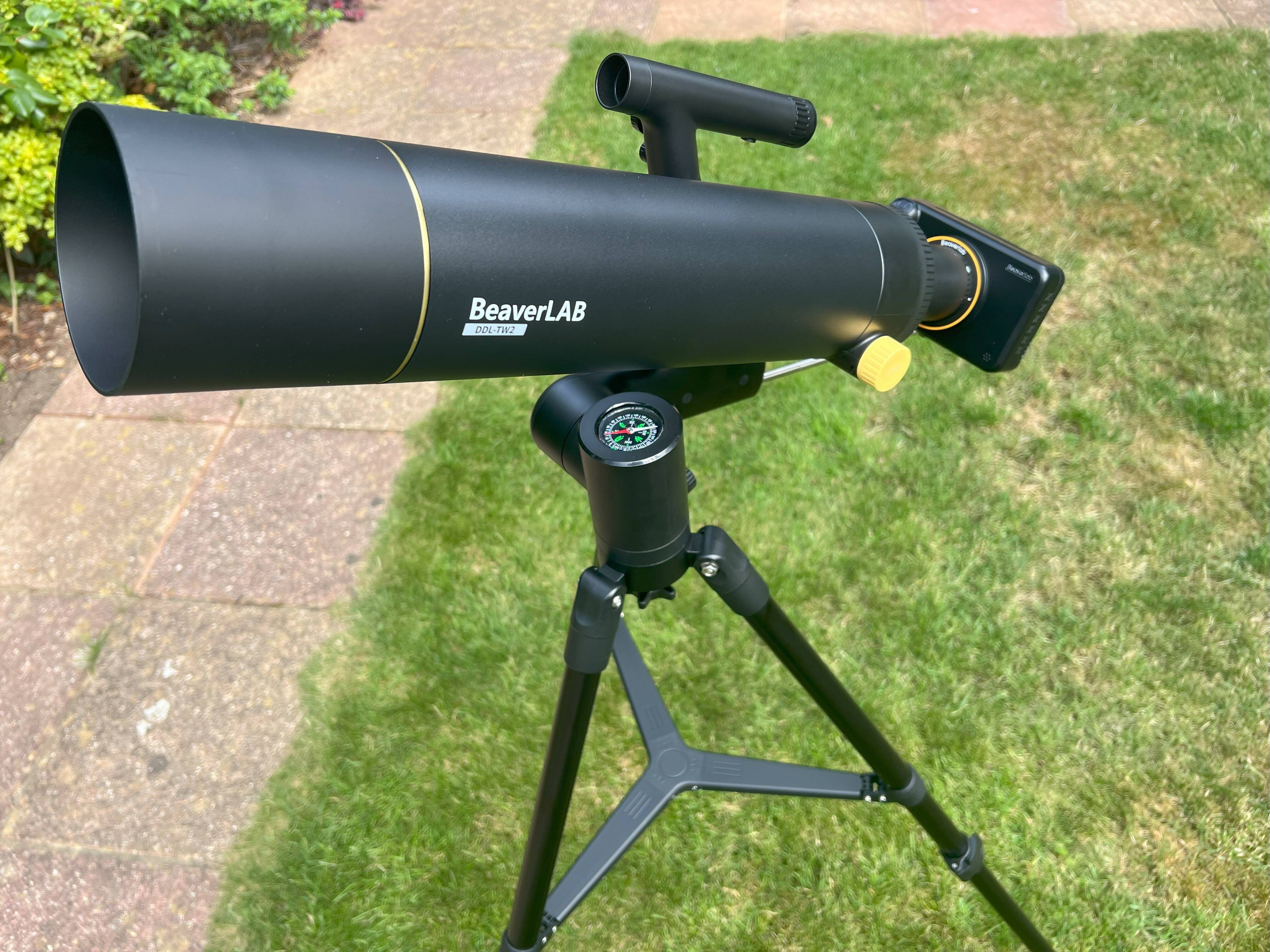






































































































































![[The AI Show Episode 143]: ChatGPT Revenue Surge, New AGI Timelines, Amazon’s AI Agent, Claude for Education, Model Context Protocol & LLMs Pass the Turing Test](https://www.marketingaiinstitute.com/hubfs/ep%20143%20cover.png)














































































































![How to contribute to the Flutter engine [Windows]](https://media2.dev.to/dynamic/image/width=800%2Cheight=%2Cfit=scale-down%2Cgravity=auto%2Cformat=auto/https%3A%2F%2Fdev-to-uploads.s3.amazonaws.com%2Fuploads%2Farticles%2F6l3gn3x9ffod81mk92vm.png)

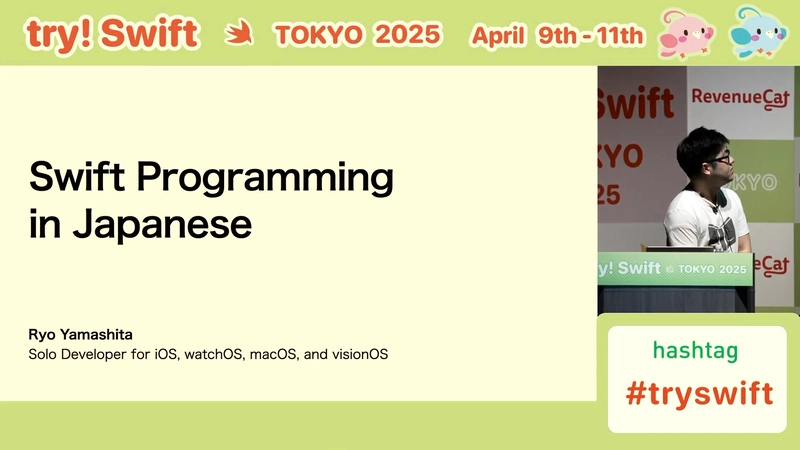










































































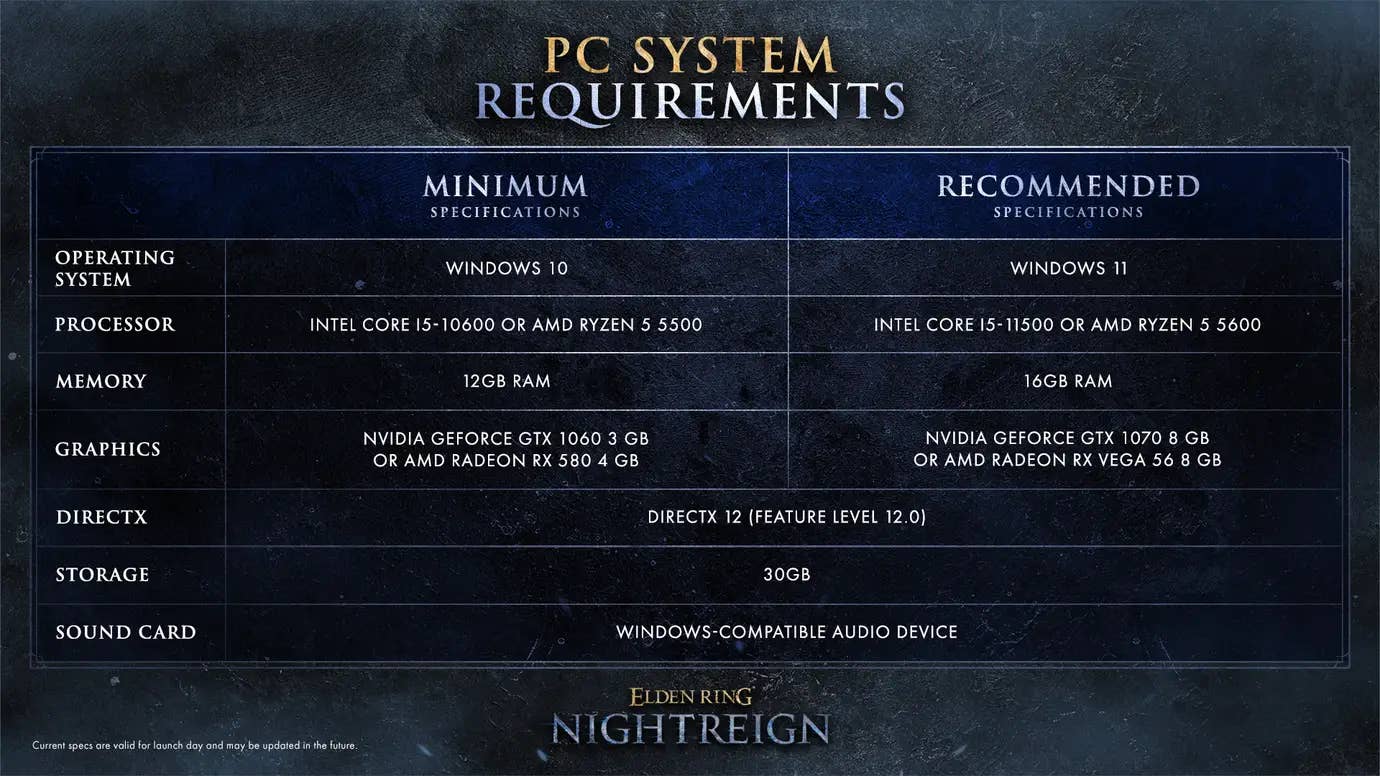














































































_Muhammad_R._Fakhrurrozi_Alamy.jpg?width=1280&auto=webp&quality=80&disable=upscale#)
_NicoElNino_Alamy.jpg?width=1280&auto=webp&quality=80&disable=upscale#)




































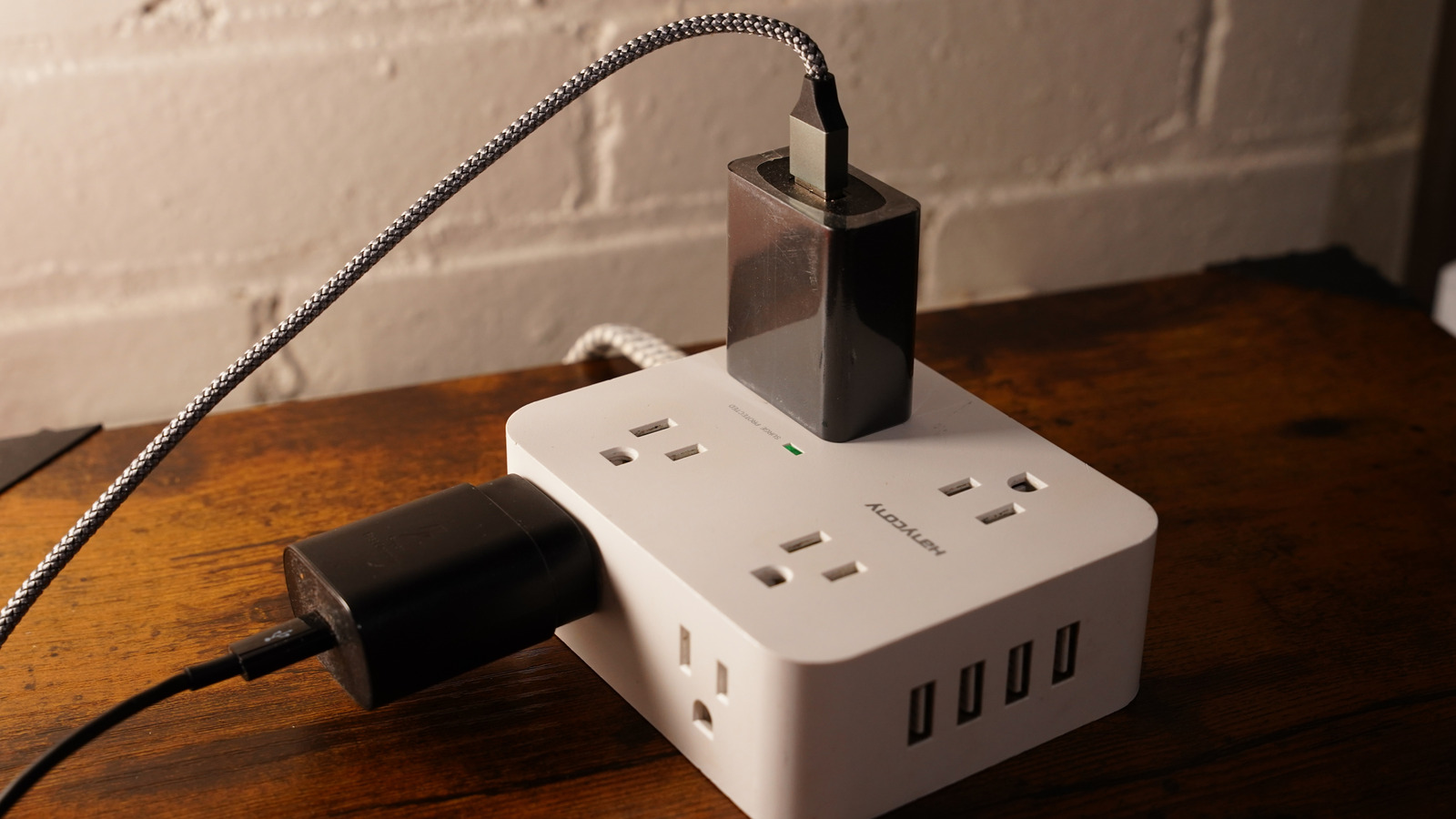

















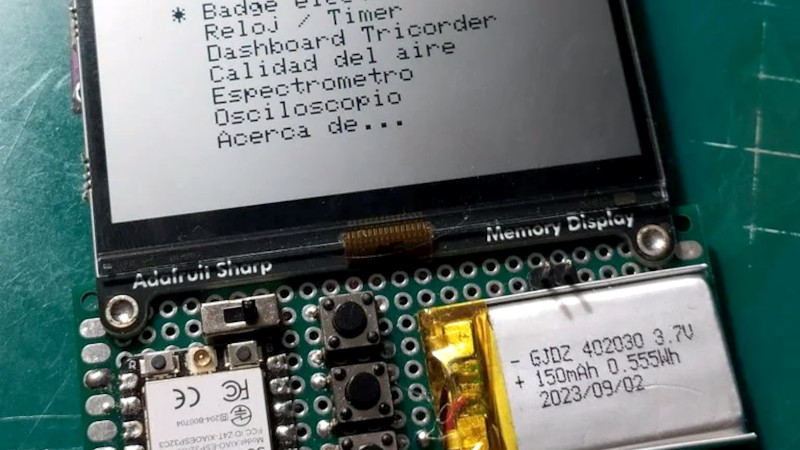













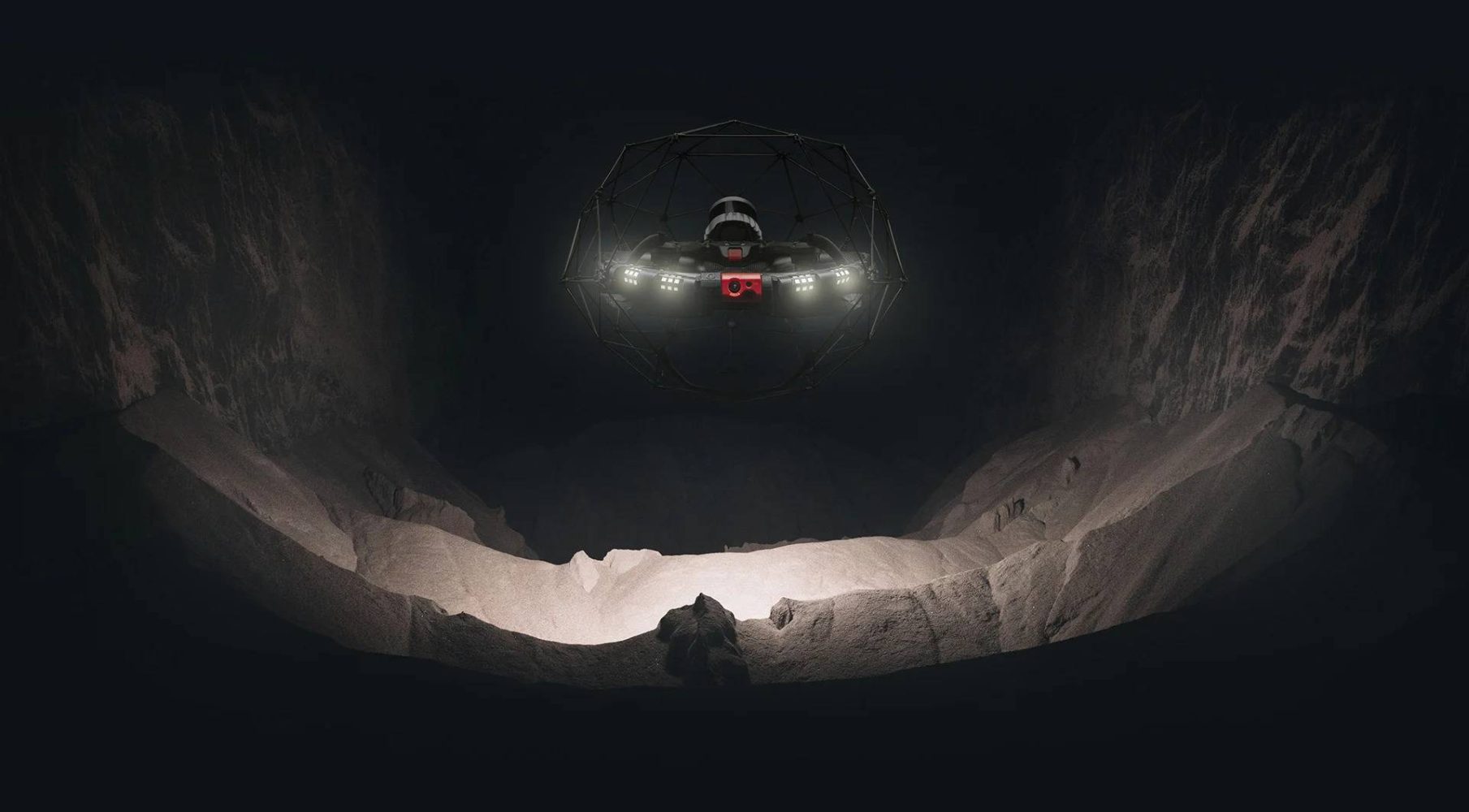




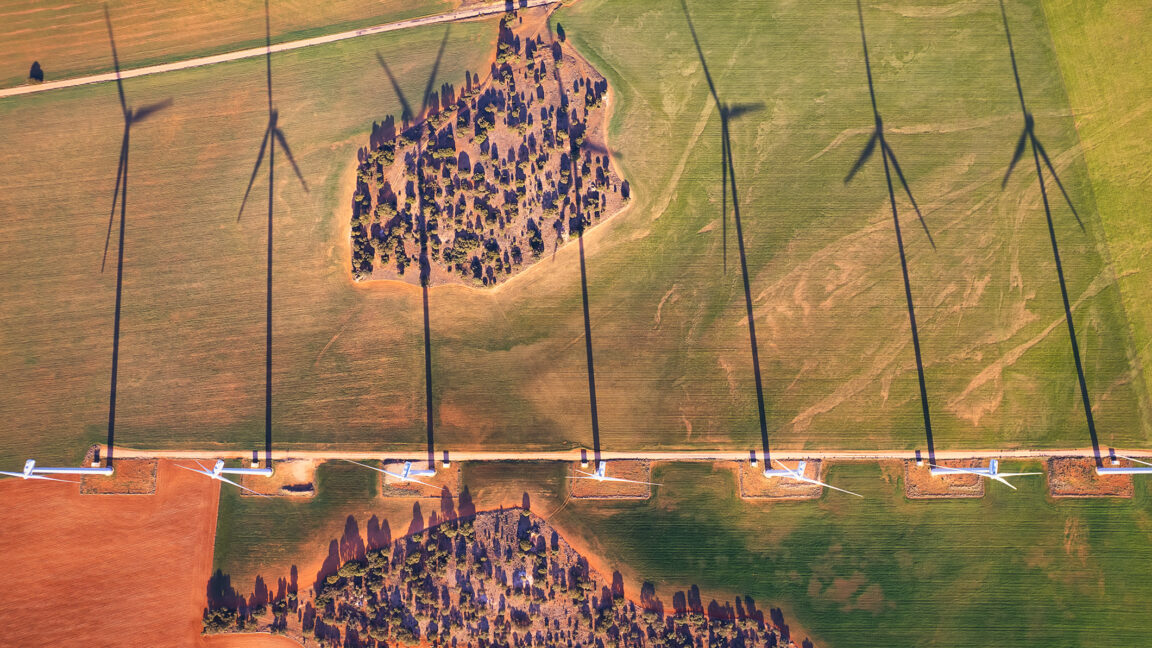













![macOS 15.5 beta 4 now available for download [U]](https://i0.wp.com/9to5mac.com/wp-content/uploads/sites/6/2025/04/macOS-Sequoia-15.5-b4.jpg?resize=1200%2C628&quality=82&strip=all&ssl=1)














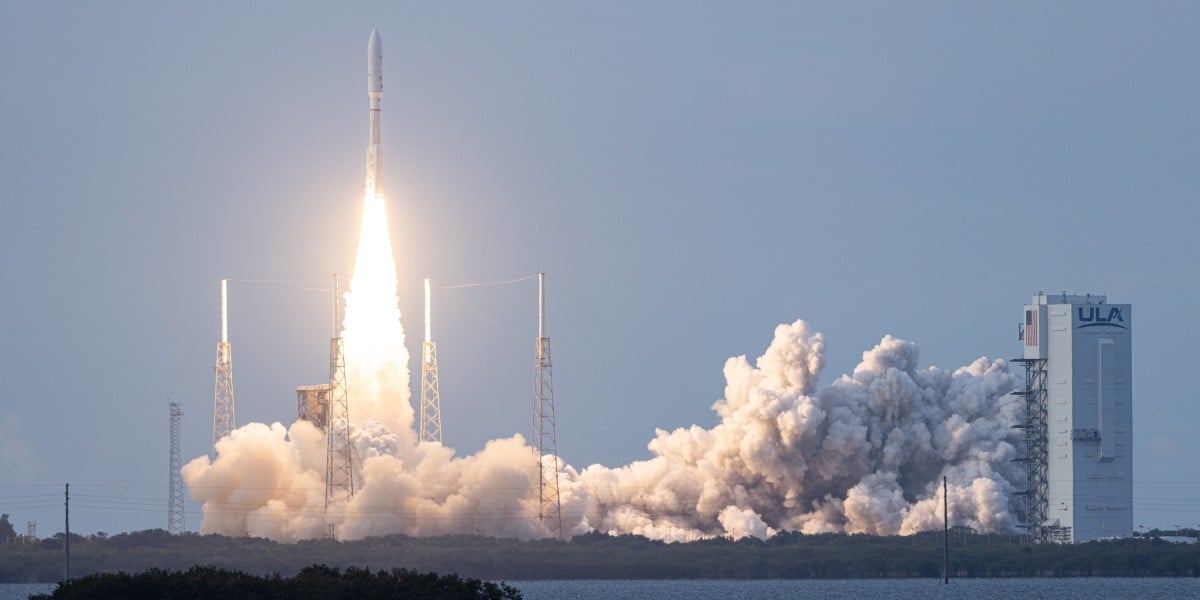



![AirPods Pro 2 With USB-C Back On Sale for Just $169! [Deal]](https://www.iclarified.com/images/news/96315/96315/96315-640.jpg)
![Apple Releases iOS 18.5 Beta 4 and iPadOS 18.5 Beta 4 [Download]](https://www.iclarified.com/images/news/97145/97145/97145-640.jpg)
![Apple Seeds watchOS 11.5 Beta 4 to Developers [Download]](https://www.iclarified.com/images/news/97147/97147/97147-640.jpg)
![Apple Seeds visionOS 2.5 Beta 4 to Developers [Download]](https://www.iclarified.com/images/news/97150/97150/97150-640.jpg)



















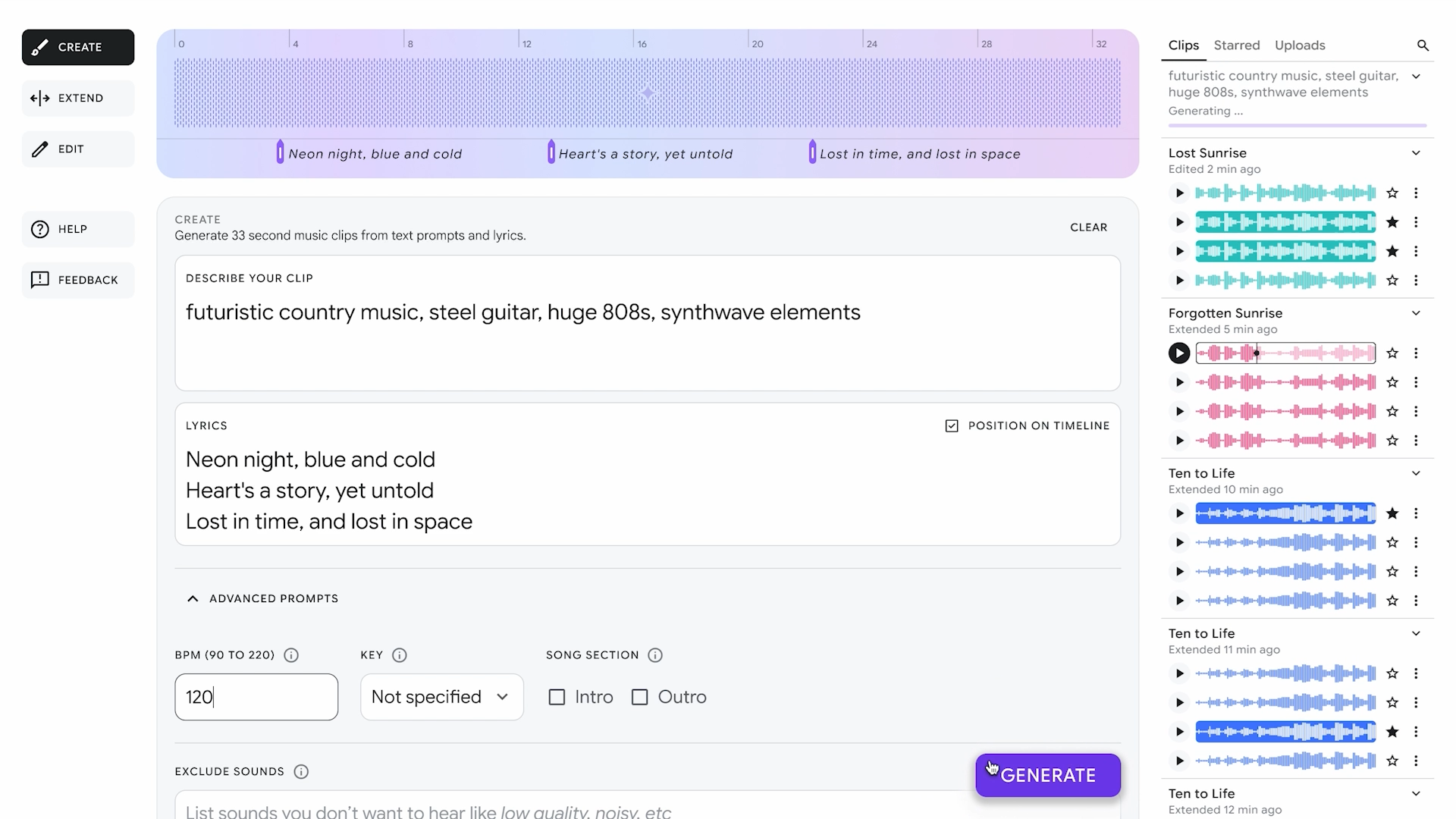


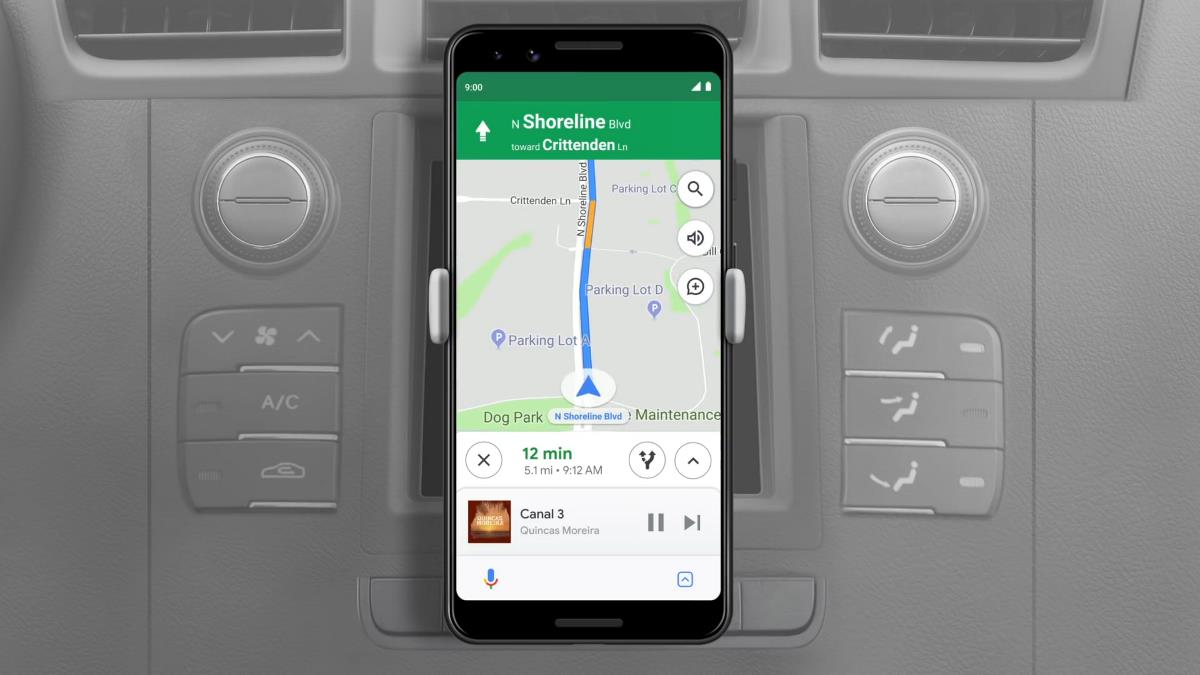

















![Apple Seeds Fourth Beta of iOS 18.5 to Developers [Update: Public Beta Available]](https://images.macrumors.com/t/uSxxRefnKz3z3MK1y_CnFxSg8Ak=/2500x/article-new/2025/04/iOS-18.5-Feature-Real-Mock.jpg)
![Apple Seeds Fourth Beta of macOS Sequoia 15.5 [Update: Public Beta Available]](https://images.macrumors.com/t/ne62qbjm_V5f4GG9UND3WyOAxE8=/2500x/article-new/2024/08/macOS-Sequoia-Night-Feature.jpg)

































